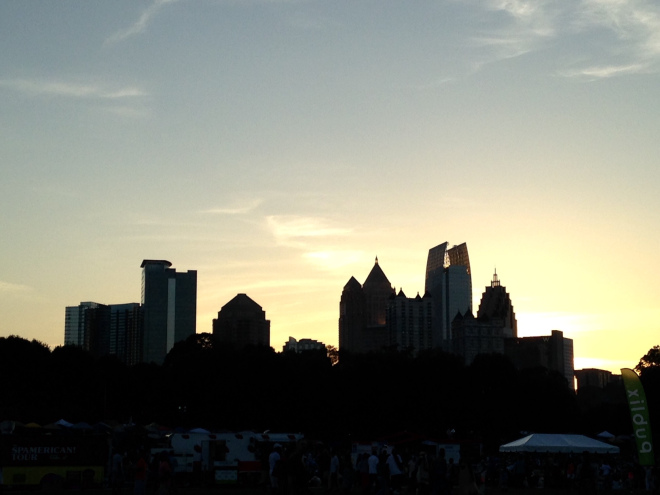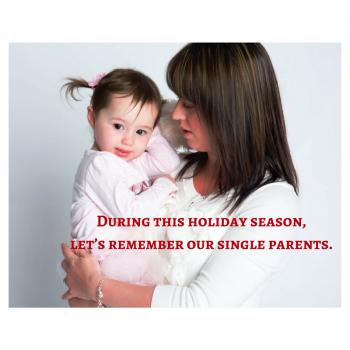Once, there was a son who wished his father dead, took his money, and ran.
And once, there was a father who abandoned his child, a mother who said she was through, a friend who betrayed the most intimate secret.
Forgiveness actually means reaching into the depths of your pain, to do a kind of surgery there, a cutting and shifting and sealing.
I’ve carried around the sting of unsought reconciliation, where there are uncleaned corners of dust and dark.
And where there was once fruit, it is only barren space.
Forgiveness is pulling up the soil and the roots of the plant that’s in dire need of new life, and it’s planting that shoot in brand new soil.
There, we learn how to trust God to bring us healing and reconciliation, even if it doesn’t always lead to restoration.
Restoration is putting something back in its place, re-instating its former role in your life.
Forgiveness doesn’t always allow that, for all our seasons that change and our hearts that are constantly molding themselves into some new shape.
But the act of reconciliation, or conciliation, is that active surgery, that mediation, that hard and long work of forgiving over and over again.
In Jan Karon’s novel Somewhere Safe With Somebody Good, the main character of the book, Episcopal priest Father Tim, reflects on the long and hard process of forgiving his own father:
“Love is an act of endless forgiveness,” he says.
Since reconciliation is constant, we trust that in that constant opening, often painful, God is there.
God is freedom in forgiving from the deepest part of who we are, even past the pain of acknowledging our hurt.
He is the softener of hearts, and the builder of relationship.
In all of it, He is there, in the deep and painful process of pulling and tearing and re-planting in good soil.
And there, the light of the sun, the fresh drink, gives new life, the slow and steady reconciling reach toward heaven and toward each other.
There will be tears and screams, hard truths and pain.
But then there may be fruit.
The root of my deep pain may never be fully solved, fully reconciled, fully restored.
But what we choose to let happen inside of us, turning our pain to the light, that’s what keeps us human, keeps us breathing, keeps us reaching for all the wide open, holy spaces.
And oh, how we need them.
















